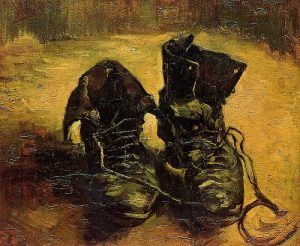Wine and the Epiphany of Depth

by Dwight Furrow Traditional aesthetics at least since Kant has been focused on the form of a work of art. It’s the design and composition of a work that strikes us beautiful. In a genuine aesthetic judgment, according to this view, we do not enjoy Van Gogh’s Starry Night because it contains our favorite color…





